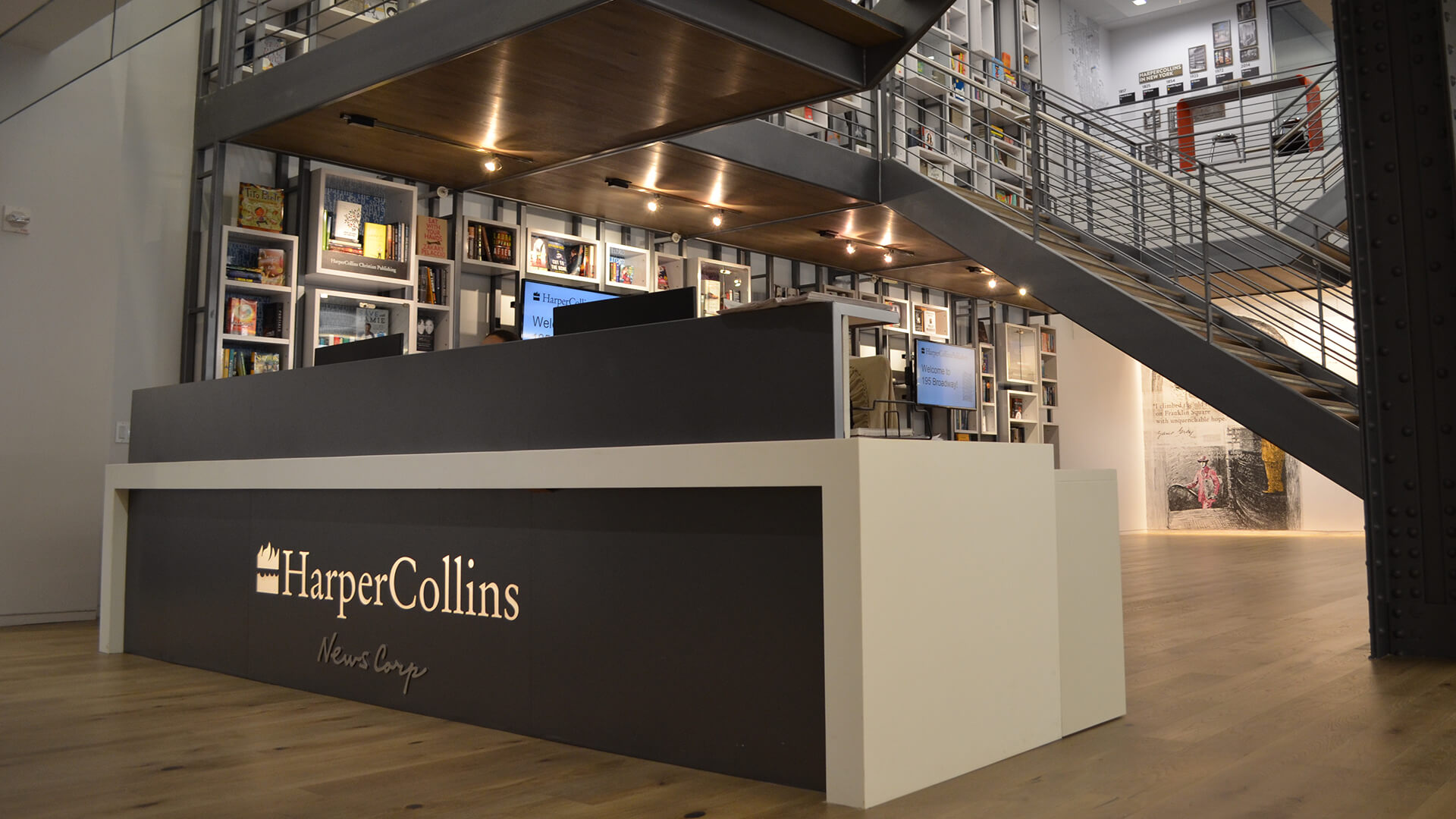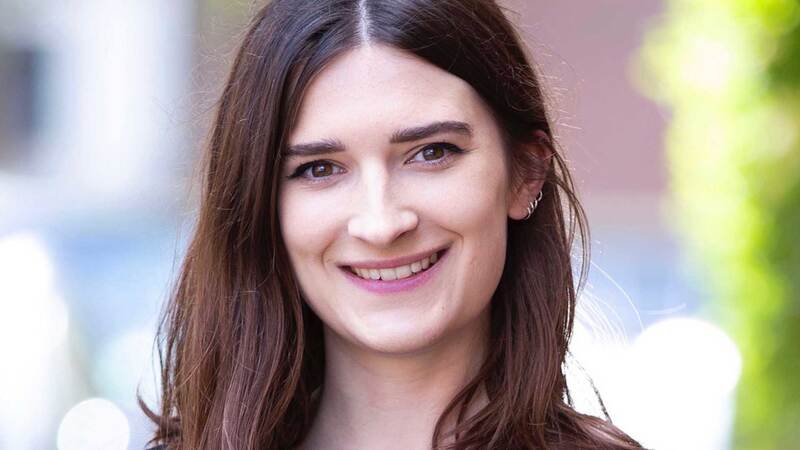You are viewing your 1 free article this month. Login to read more articles.
HarperCollins chief Murray 'shocked' at size of PRH's $2.2bn bid for S&S
HarperCollins president and c.e.o. Brian Murray has told a court he was “shocked” at the size of Penguin Random House’s $2.2bn winning bid for Simon & Schuster.
Testifying at the trial in Washington DC where the US Department of Justice is trying to block the merger, Murray said HarperCollins parent company News Corp’s own bid for S&S was “not close” to the $2.2bn PRH offered, Publishers Lunch reported.
However, Murray said HarperCollins was still interested in acquiring S&S if the merger is thrown out by the Department of Justice, and said he did not believe reducing the US "Big Five" publishers down to four would itself be anti-competitive for the industry or that a successful HarperCollins deal would lead to lower advances.
Under cross-examination, Murray said PRH was three times as big as HarperCollins’ trade books in terms of market share - excluding imprints Harper Christian and Harlequin - a fact he said had been corroborated by booksellers.
S&S attorney Stephen Fishbein later referred to HarperCollins own internal analysis in 2019 which indicated PRH was twice the size of HarperCollins when its Christian publishing and Harlequin were added to the mix. The government also believes PRH is twice the size of HarperCollins, the court heard.
Comparing the general trade market share of S&S, Murray said “sometimes they’re a little bigger and sometimes we’re a little bigger". He added PRH was HarperCollin’s biggest competitor, followed by S&S which he said was "very aggressive".
Fishbein asked Murray if he had ever discussed with anyone at HarperCollins or News Corp whether author advances would decrease after the PRH and S&S merger or if HarperCollins had “reduced any budget or projection of author advances based on the merger”. Murray’s answer was no to both questions.
In separate testimony at the trial this week, the Department of Justice’s economics and antitrust expert said a combined PRH and S&S would have almost 50% of the market for “anticipated top selling books”.
The government case has focused on a sub-market for these books, defined as titles where authors are paid advances of $250,000 or more, which account for roughly 2% of all titles sold in the US. The defence argues this is not a market recognised in the industry and has been invented by the DoJ.
According to Publishers Lunch, government expert witness Dr Nicholas Hill said the $250,000 figure was chosen because it is used as an “internal approval threshold” by publishers and his research suggested books at this level are published differently than those below. He said his research showed around 85% of the authors paid that sum “never earn out" and so the advance was a major source of income.
He added a PRH merger with S&S would cause advances to go down, as having one less of the “Big Five” publishers meant less competition, less aggressive bidding and a higher chance of the merged company winning at auction.
Examining profit and loss results for titles, Hill’s projection for PRH author advance losses stands between a $44,000 and $60,000, or 4% to 6%, decrease. For S&S authors he predicted a $105,000 to $140,000, or 11.5% to 15%, decline.
His analysis found the combined market share of PRH and S&S for anticipated top sellers would be around 49%, with PRH at 37% and S&S at 12%, far outstripping the 22% for HarperCollins. In Hill’s current model, 90% of these titles are acquired by the Big Five, compared to 55% of all other books.
The trial continues.


















